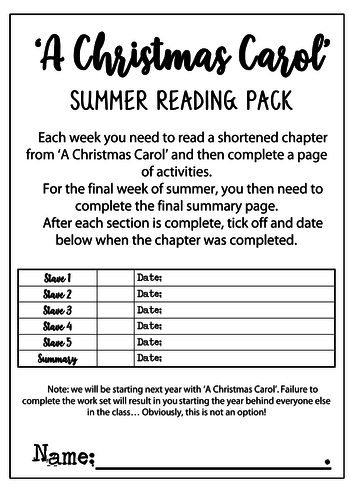Laurajholder's Shop
I am a second in department currently responsible for Key Stage 3. As a result of this I have been creating in depth booklets which provide detailed units of work for my teachers. These booklets provide all the extracts/worksheets a teacher needs for a unit of work. I offer these at £3 a booklet and then have created bundles at 30% off with 3 booklets costing only £6.30. I also have a lot of GCSE AQA revision materials, most of which are offered freely.
























